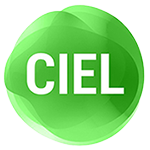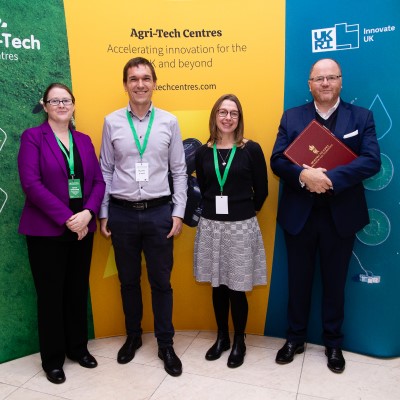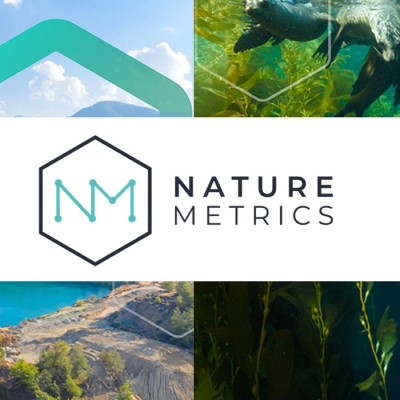CIEL | News: Rothamsted to collaborate with new £3 million digital twin research network
The funding, secured by The Alan Turing Institute, will encourage new partnerships on and innovation through a UK-wide digital twin research network across academia, industry and other stakeholders
Rothamsted is helping to administer a £3 million grant awarded to The Alan Turing Institute by UKRI to help transform the UK’s national capability in digital twinning.
The funding will help establish a UK-wide inter-disciplinary research network with stakeholders from academia, government and industry. It builds on the Turing’s established expertise in digital twins, such as the recently announced Turing Research and Innovation Cluster in Digital Twins (TRIC-DT).
The network will help Rothamsted develop its North Wyke Farm Platform digital twin project. The site is the UK’s most measured livestock farm, and the creation of a digital twin will enable researchers to test new hypothesises on how changes in farm practices could improve the sustainability of grassland livestock systems.
“The new network is really significant,” said Prof Chris Baker, head of Intelligent Data Ecosystems at Rothamsted and on the executive committee of the new project. “It will catalyse collaboration with a range of new partners opening up exciting opportunities to build our capacity and learn from what others are doing.”
The new network community has been identified as urgently needed to fill gaps in the underpinning research relating to digital twins.
The award will run for five years and will help develop game-changing breakthroughs that will lead to a new generation of intelligent, resilient, and trusted digital twins.
Through a series of activities, the network aims to:
- facilitate the exchange of knowledge and encourage new cross-disciplinary collaborations and innovations for digital twins
- accelerate the development of the underpinning academic research that is needed to develop robust, resilient and trusted digital twins that can operate at speed and scale
- help set the UK digital twin agenda via thought leadership activities
- facilitate explorative cross-disciplinary pilot research projects and feasibility studies that stimulate further funding applications and opportunities relating to digital twins
- support outreach, skills development and sustainability for digital twin technology
Co-investigators for the award are based at Exeter University, the High Value Manufacturing Catapult (HVMC), Ulster University and the Cambridge Centre for Smart Infrastructure and Construction. Alongside these organisations, other members of the leadership team are based at University of Edinburgh, Rothamsted Research, University of Strathclyde, University of Warwick and Newcastle University.
A digital twin can be described as a computational model designed to replicate a physical object or process. This can range from a virtual copy of a single structure, such as a bridge, to more complicated infrastructure, such as an entire city. They can help offer insights into how an object or process is working, allowing the opportunity to drastically improve its functionality.
Professor David Wagg, Project Principal investigator and co-director of the Turing Research and Innovation Cluster for Digital Twins (TRIC-DT) at The Alan Turing Institute, said: “Digital twins offer exciting new possibilities across a wide range of sectors from health, environment, transport, manufacturing, defence, and infrastructure. They are a key technology to help address many of the societal challenges we face.
“Our ambition with this award is to build a broad community of stakeholders to expand digital twin research to address key challenges such as trust, interoperability and the societal aspects of digital twinning. We hope that the NetworkPlus will help to address clear gaps in the current research landscape and will allow us to transform the UK’s capability in digital twinning.”
Advancing digital twin research is an important part of the Turing’s new strategy, which aims to use important technologies, like digital twins, to help solve its grand challenges in key societal areas. The TRIC in particular aims to democratise access to digital twin technology by making computational and social tools reproducible and freely accessible to research and innovation communities.
![DigitalFarm-01[44738] (1) ROTHAMSTED TO COLLABORATE WITH NEW £3 MILLION DIGITAL TWIN RESEARCH NETWORK](https://cielivestock.co.uk/wp-content/uploads/2023/07/DigitalFarm-0144738-1.png)







